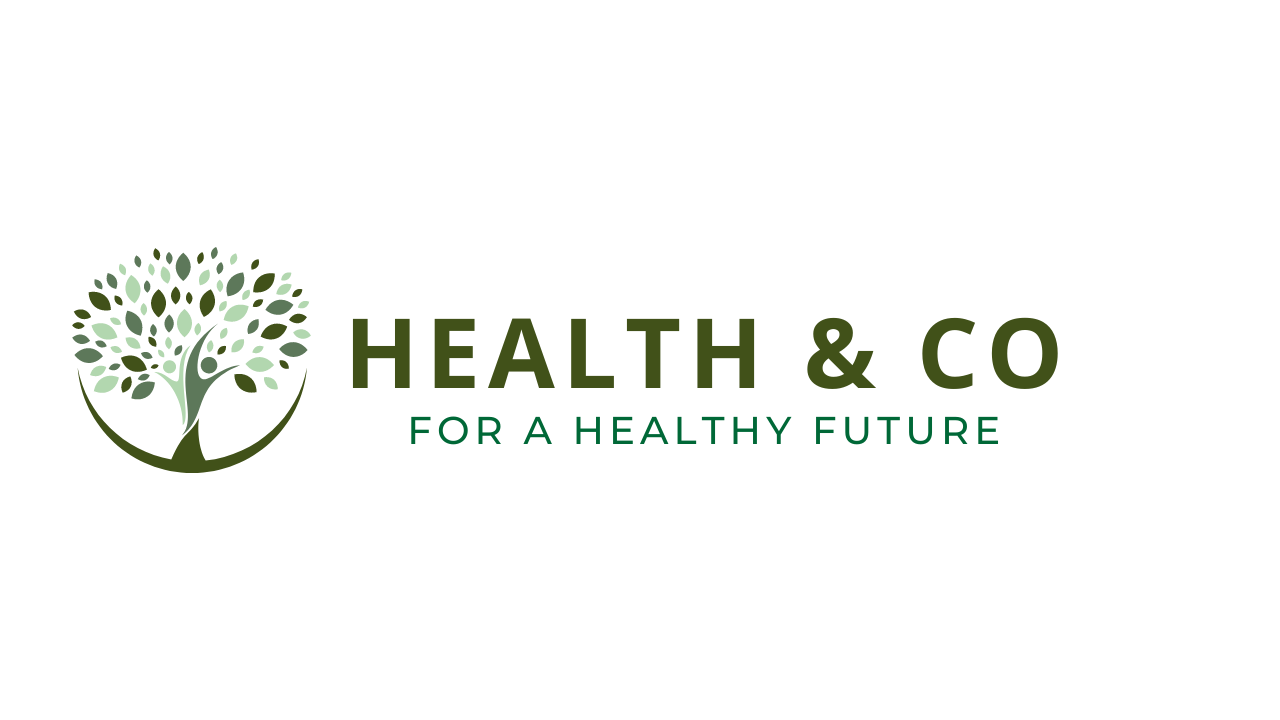
I'm sure you're all familiar with this: You might have an extra week of stress and eat less well and more irregularly, and then pimples and blemishes appear? We lay the foundation for beautiful, radiant skin in our gut. An unhealthy gut is not only reflected in digestive problems, but also in the appearance of our skin. If our gut is not in balance, this results in a lack of vitamins and minerals as well as inflammatory reactions in the body and skin. It is therefore important to give your gut a little love. We will explain below how to do this and what the gut actually has to do with our skin.
The human intestine is an important organ, about 7 meters long, with different sections and tasks. Its main task is the digestion of food. It breaks down food into its components, absorbs nutrients, vitamins and minerals that are vital for the body and releases them into the bloodstream.
Numerous studies show that an imbalance in the gut microbiome can lead to skin diseases such as acne, neurodermatitis and other inflammatory skin conditions.
Here are some foods that make your skin glow from the inside:
- Black seed oil
I actually wanted to start this chapter with fruit and vegetables, as for me it's the easiest way to do something for my beauty and health. However, the first place had to give way, because I have been taking black seed oil for a few months now (1 tablespoon in the morning) and I can't tell you my skin never looked better in my life. My skin has not become much clearer and more even, no, it is radiant and has the 'glass skin' effect. Simply WOW!
First of all, it should be unfiltered and cold-pressed. Preferably raw food quality! I take a tablespoon every morning. To be honest: it tastes pretty awful but with a sip of juice afterwards it's perfectly ok! I personally like the one from Kräuterland but you can just search it up on Amazon and find maybe even better alternatives.
Benefits of black cumin oil
The clarifying, antioxidant effect of black cumin oil helps to slow down skin ageing. In addition, black seed oil has a natural antibiotic, antiseptic and antifungal effect. Its soothing active ingredients soothe burns, care for chapped skin and sunburn.
Cold-pressed black cumin seed oil contains over 50% linoleic acid. This polyunsaturated fatty acid is part of the skin barrier. Linoleic acid improves the skin's ability to retain moisture, keeps it elastic and strengthens the skin's protective lipid layer. The most important active ingredient in black cumin oil is thymoquinone, which protects the cells from oxidative damage and strengthens the skin's own immune system against all kinds of environmental influences.Avocado

2. Avocados
Avocados are rich in potassium, magnesium, fiber and heart-friendly monounsaturated fats. They also contain carotenoids and tocopherols, which are associated with a lower risk of cancer. The phytosterols and antioxidants contained in avocados, such as vitamin E and vitamin C, have an anti-inflammatory effect and can also reduce inflammation in newly developing skin cells.

3. Green tea
You may have heard that green tea is one of the healthiest beverages you can drink. Research links regular consumption of green tea to a lower risk of heart disease, cancer, Alzheimer's disease, obesity and other conditions. Many of the benefits of green tea are due to its antioxidant and anti-inflammatory properties, particularly a substance called epigallocatechin gallate (EGCG). EGCG inhibits inflammation by reducing the production of pro-inflammatory cytokines, the proteins that regulate cell growth and differentiation. The antioxidants contained in green tea, such as catechins and polyphenols, can help protect the skin from free radical damage.

4. Nuts
Do you really want to nibble on something again? Then choose some unsalted nuts, such as almonds or walnuts, instead of potato chips. They are rich in omega-3 fatty acids and other unsaturated fatty acids, which help to moisturize the skin and improve its elasticity. Nuts also contain important B vitamins, vitamin E and the provitamin A beta-carotene as well as zinc. Zinc is a mineral that plays an important role in skin renewal as it helps to repair and regenerate skin cells. Nuts are also a good source of the mineral copper, which is involved in collagen production. Some nuts, such as walnuts, also contain traces of melatonin, a hormone that can help protect the skin from damage caused by UV rays. However, due to their high fat content and associated calories, nuts, like dark chocolate, should be eaten in moderation.

5. Probiotic & Prebiotic foods
Probiotic foods
Probiotics are live microorganisms that are found in certain foods and can have a positive impact on health. They are mainly bacteria, some of the most common probiotic strains belong to the Lactobacillus and Bifidobacterium genera, but there are also some yeast strains that are called probiotics. Probiotics occur naturally in the human intestine. There they are important for digestion and the immune system, helping to fight harmful bacteria and maintain the balance of bacteria in the gut. Consuming additional probiotics can help to improve gut health, which can have a positive effect on skin problems such as acne and eczema. Yogurt, fermented foods such as sauerkraut and kimchi, and kefir are good sources of probiotics.
Alternatively, food supplements containing probiotics are an option.
Prebiotic foods
Prebiotics are food components that cannot be digested by the human digestive system but serve as food for beneficial bacteria in the intestine. Prebiotics enter the large intestine undigested, where they are fermented by certain bacteria to produce short-chain fatty acids. These fatty acids are important for gut health and can also have positive effects on the immune system and other areas of the body. Prebiotics can also help to improve the absorption of minerals such as calcium and magnesium. Some of the most common prebiotics are inulin, fructooligosaccharides (FOS) and galactooligosaccharides (GOS). These prebiotics occur naturally in many foods, such as artichokes, ripe bananas, onions, garlic, asparagus, oats, rye, barley, chicory and linseed.
Make sure you eat a healthy variety of foods and include as much fruit and vegetables, good fats, wholegrain products and foods with probiotics and prebiotics in your diet as possible. However, as your digestion is just as individual as you are, you should give preference to foods that are easy for you to digest and avoid those that cause you severe bloating, diarrhea or constipation. These are all signs that your gut is out of balance and so is your skin.






